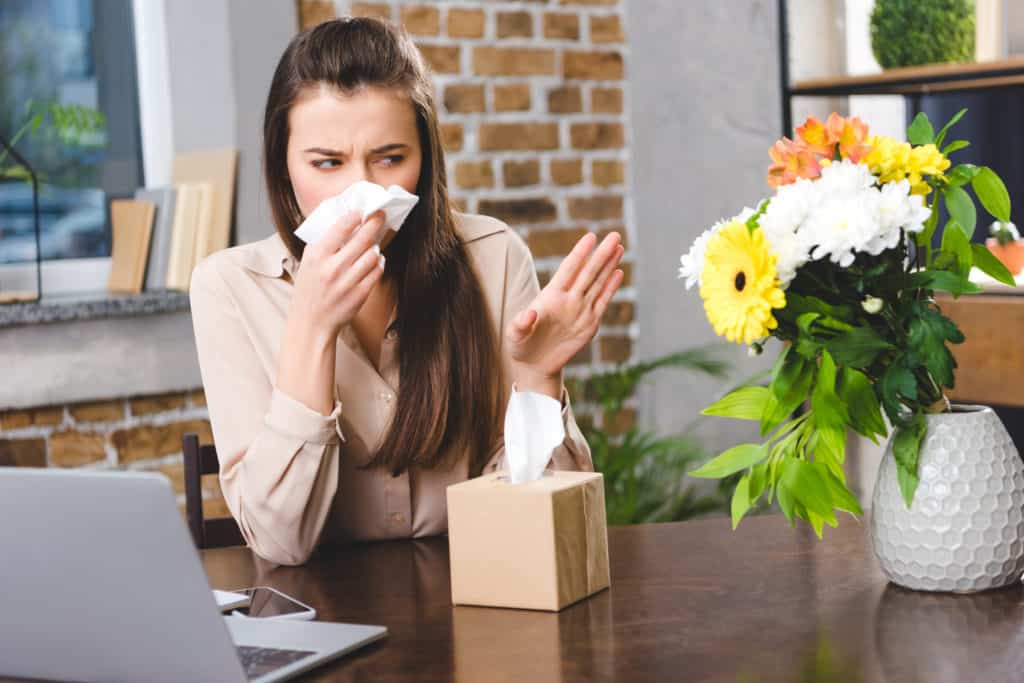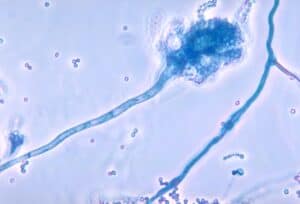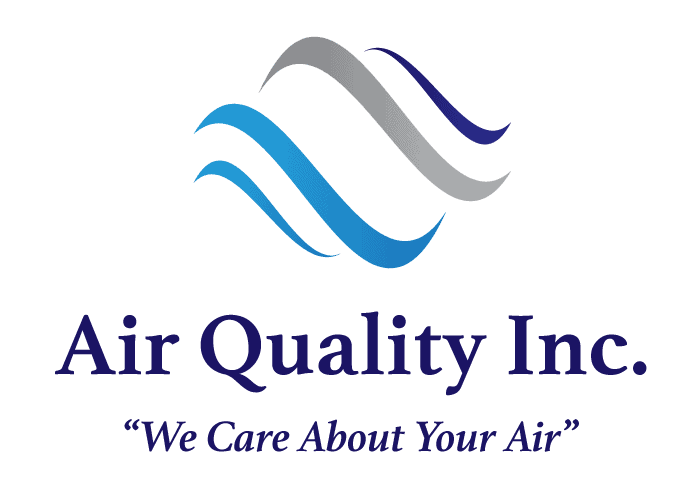“Hypoallergenic” is a word that’s becoming increasingly visible on product labels. Anything from cleaning supplies to clothing fabrics, makeups, skincare products, and even pets are all available in hypoallergenic versions. But what does it mean for something to be hypoallergenic? And are hypoallergenic products even effective?
By definition, a hypoallergenic product is “designed to reduce or minimize the possibility of an allergic response, as by containing relatively few or no potentially irritating substances.”
Since there are more people than ever suffering from allergy symptoms, hypoallergenic products are undoubtedly appealing. However, these products are not always what they seem to be.
The Problem With Hypoallergenic Products
While having a plethora of safer, allergy-friendly products sound like a “cure-all” for home allergy symptoms, there’s a catch. According to the FDA: “There are no Federal standards or definitions that govern the use of the term ‘hypoallergenic.’ The term means whatever a particular company wants it to mean.”
So while numerous manufacturers genuinely offer products designed to reduce allergic reactions, the majority of companies who put “hypoallergenic” on their labels do so only to sound more appealing and sell more products—making the term “hypoallergenic” nothing more than a clever marketing tactic.
Unfortunately, most consumers are not aware of this strategy and often fall into the hypoallergenic trap. Take hypoallergenic cleaning products, for example. In most instances, when given a choice between a traditional cleaning product and one labeled hypoallergenic, typically, consumers will opt for the hypoallergenic one, even if it means paying a little extra.
With that in mind, don’t be afraid to purchase hypoallergenic products. Just be sure to do your research and carefully read the fine print about what goes into a product.
Eliminating Allergens in Your Home
Even if you replaced every possible item in your home with a genuinely hypoallergenic alternative, it would only get you so far. To effectively eliminate allergies within your home, you first need to take a closer look at what’s floating around in your air.
A professionally conducted home air quality test will detect any airborne allergens that could potentially be affecting your family’s health.
Air quality tests typically consist of four steps:
- Collection of pollution measurements using state-of-the-art air monitoring equipment.
- A detailed Inspection of the interior and exterior of a home. If mold or other contaminants are identified, samples are collected and sent to a lab for analysis.
- After the sample analysis is complete, a full home diagnostic report will be provided.
- A plan is established to eliminate any airborne allergens and pollutants within the home.
Breathe Easy With Air Quality Consultants (AQC)
At AQC, we care about your health and well-being. For nearly 30 years, we’ve had the goal of creating a safer home environment for families in the Richmond and Virginia Beach areas by providing top-notch air testing services.
If you have questions or concerns about airborne allergens or the overall air quality of your home, please don’t hesitate to contact us today.




